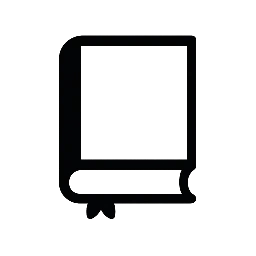Took me a couple of days to scare up a copy of this article (don’t worry if you don’t have a copy either, the interesting reading will come later when something actually happens as a result of this head-butting). There was a quote in there though that raised my eyebrows. Allan Adler, VP for legal and governmental affairs at the Association of American Publishers (the folks who are leaning on UC San Diego) said,
"he objects even to the notion of electronic reserves. This is not the old days, he said, when one copy of a reading was at the library, and students had to hike there to read it."
"We are talking about putting materials in digital form onto a library server, and then allowing students to have access to it as they choose, including in many instances the ability to download and print copies," he said. "That’s not the same thing as traditional reserves."
And of course you know why this quote bothers me, since traditional reserves just don’t work for distance students. And I’m sorry, but couldn’t students always make photocopies of reserves material? I know I did.
Here at the U of C we do ask for explicit permission to digitize every single thing that goes into our electronic reserves. And we often pay for the privilege of digitizing. Of course Canada also doesn’t have "fair use"…
Legal Battle Brews Over Texts on Electronic Reserve at U. of California Libraries The Chronicle Of Higher Ed Reports (sorry, subs only) Publishers are objecting to an electronic reserve system at the University of California in which libraries scan portions of books and journals and make them available free online to students. In recent months, lawyers for the Association of American Publishers have sent letters to the university that object to the use of electronic reserves on the San Diego campus. The publishers say that the use of electronic reserves is too extensive, violating the "fair use" doctrine of copyright law and depriving them of sales. "They clearly had a lawsuit in mind when they started contacting our office," said Mary MacDonald, a lawyer for the university system. "Their position was that the ‘evidence’ showed that we weren’t following fair-use guidelines, that this was a national issue, and that the set of facts gave them a good platform from which to take legal action."
